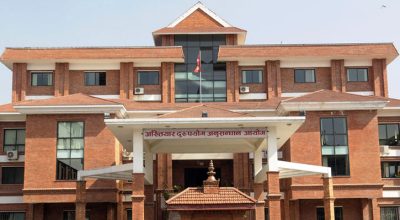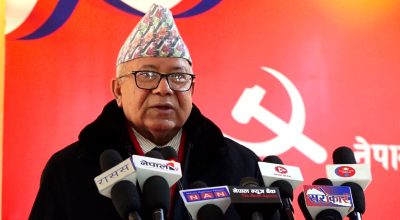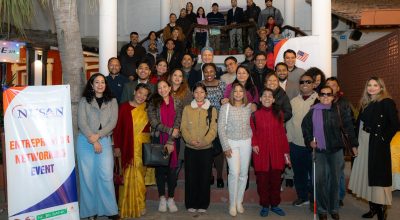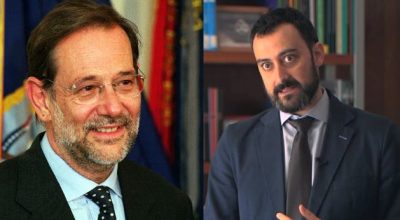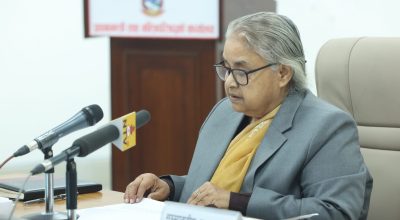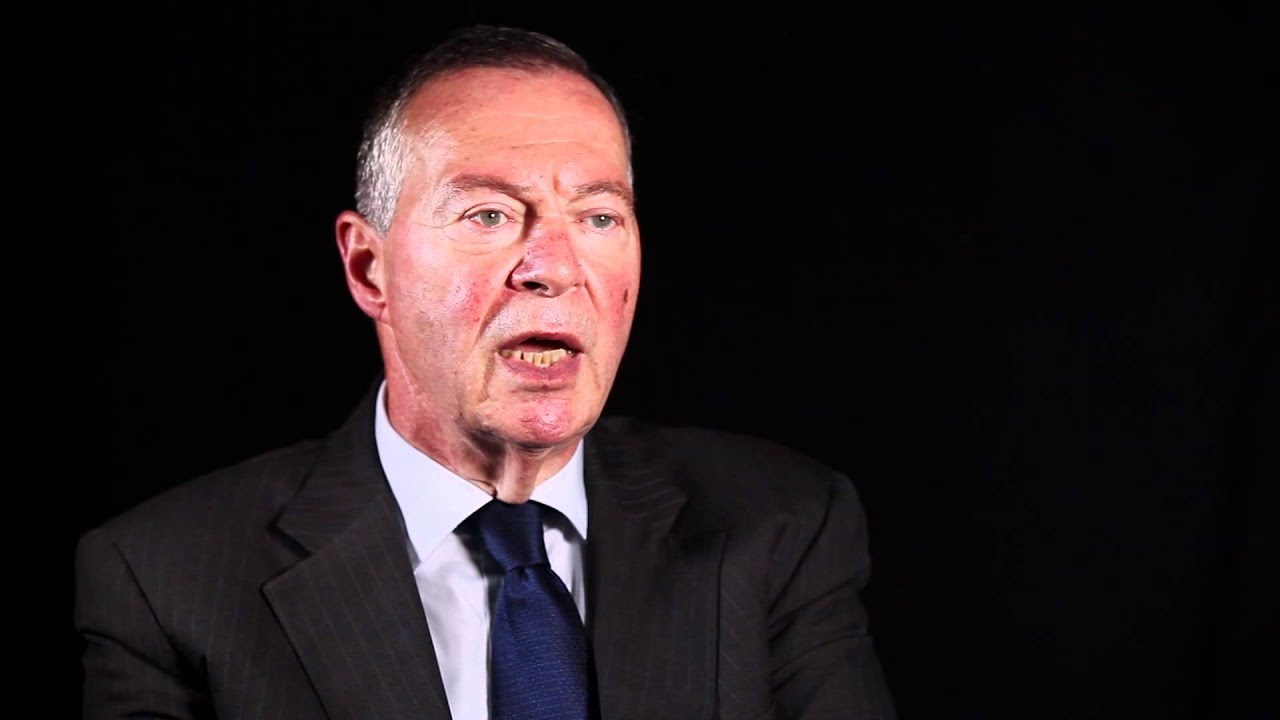
NEW YORK – Late last month, a Russian court ordered the closure of the country’s oldest human rights organization. Founded in 1976, the Moscow Helsinki Group became the latest victim of an ongoing government crackdown on civil society that is eerily reminiscent of a similar effort by former Soviet leader Leonid Brezhnev.
Brezhnev, in power from 1964 to 1982, signed the 1975 Helsinki Accords, together with the United States, Canada, and most of Europe. Eager for formal recognition of its borders at the time, the USSR under Brezhnev, together with its satellite states in Central and Eastern Europe, underestimated the potential impact of the Accords. That is probably why it agreed to include commitments to respect human rights, including freedom of information and movement, in the agreement’s Final Act.
The Soviet Union abstained when the United Nations adopted the Universal Declaration of Human Rights in 1948, so its accession to the Helsinki Accords marked the first time that it made such a pledge. When a handful of human rights activists in Moscow heard the news, they formed the Moscow Helsinki Group to monitor the USSR’s compliance with the agreement it had just signed. Although the organization had only 11 members at the time, Brezhnev’s government identified it as a threat and sought to dissolve it.
Over the next few years, the Soviet Union prosecuted the Moscow Helsinki Group’s leaders, including the theoretical physicist Yuri Orlov, who served as the organization’s chairman and was sentenced to seven years in prison (which he served in full) and five years of internal exile in Siberia. The journalist Alexander Ginzburg and Natan Sharansky, the Jewish “refusenik” (as Jews who were denied emigration to Israel were called), were also sentenced to long prison terms. The historian Lyudmila Alekseeva fled the country and settled in the US, while the pediatrician Yelena Bonner accompanied her husband, the physicist and Nobel Peace Prize winner Andrei Sakharov, to internal exile.
With almost no one left to carry on its work, the Moscow Helsinki Group suspended all activities in 1981 and dissolved in 1982. By then, however, it had already helped to establish an international movement that would gradually contribute to the dissolution of the Soviet Union. Helsinki-inspired groups were formed in Ukraine and other parts of the Soviet bloc, including Czechoslovakia’s Charter 77, before spreading to the West. In 1978, for example, I co-founded the US-based Helsinki Watch, which initially monitored the Soviet Union’s compliance with the 1975 Accords and later became Human Rights Watch.
The Moscow Helsinki Group itself was revived after Mikhail Gorbachev came to power in the Soviet Union in 1985. Not long after that, Gorbachev released Sakharov and Bonner from internal exile and allowed them to return to Moscow, signaling the beginning of glasnost. After helping to revive the Group, Alekseeva, too, returned to the Russian capital. She and I became friends when she was in exile in the US, and I helped her publish her book on the history of Soviet dissent. When I visited her at her apartment in Moscow, with a partial view of the golden domes atop the Kremlin, she seemed happier than I had ever seen her.
Even though the Moscow Helsinki Group was frequently critical of Russian President Vladimir Putin’s policies after his rise to power in 2000, he occasionally met with Alekseeva and apparently treated her with respect. When Alekseeva celebrated her 90th birthday in 2017, a year before her death, Putin visited her apartment to pay his respects, even bringing a bouquet of flowers. But this personal acquaintance did not prevent Putin’s justice ministry from filing a lawsuit seeking to dissolve the organization she helped found.
The court-ordered closure of the Moscow Helsinki Group follows similar rulings ordering other civil-society groups in Russia to shut down, including Memorial, the country’s largest human rights organization and winner of the 2022 Nobel Peace Prize. Having failed to achieve a quick victory in its war of aggression in Ukraine, the Putin regime has embraced increasingly repressive tactics in an effort to silence critical voices raising public awareness of its systematic targeting of Ukrainian civilians and civilian infrastructure.
In ordering the dissolution of these human rights groups, Putin’s regime is turning its back on the legacy of Soviet dissent. Worse, it is replicating the despotic practices of Brezhnev and Soviet totalitarianism. If it continues on this path, it risks ending up in the same place.
Aryeh Neier, President Emeritus of the Open Society Foundations and a founder of Human Rights Watch, is author of The International Human Rights Movement: A History (Princeton University Press, 2012).
Copyright: Project Syndicate, 2022.
www.project-syndicate.org






